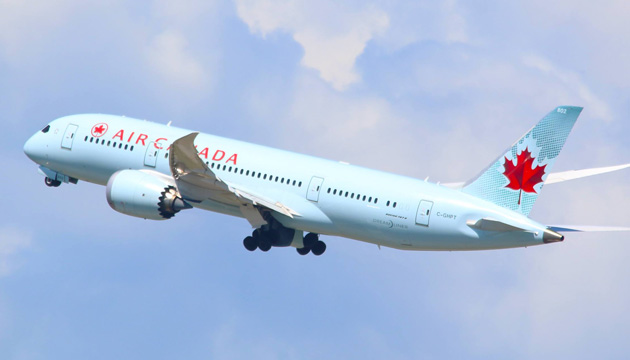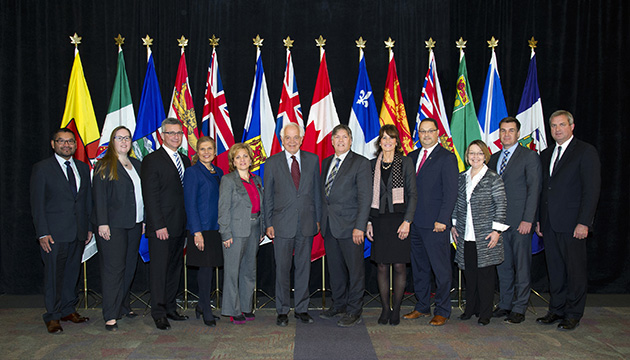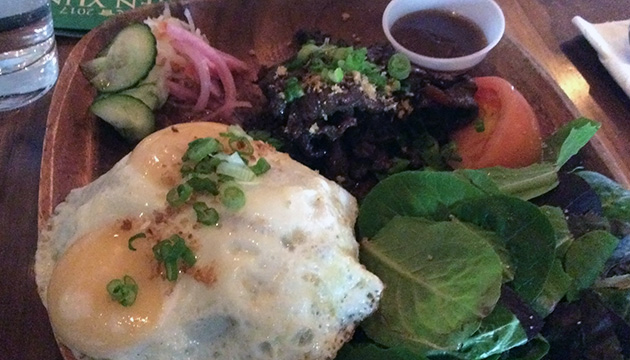[Note from The Editorial Board: The CanadianFilipino.Net is pleased to welcome journalist and arts aficionado Mel Tobias. Tobias writes his ‘Living in Canada’ column for the Philippine Star in Manila from his home base in Vancouver. He will contribute some of his reports to CanadianFilipino.Net.)
Canada has been named Lonely Planet’s destination of the year for 2017. Colombia and Finland were rated second and third, respectively, in Lonely Planet’s Best Travel 2017 guide book.
Reasons cited to visit Canada includes the country’s elongated birthday party, with Canada celebrating 150 years since Confederation, and a weak Canadian dollar pushing down prices, giving visitors plenty of discretionary pocket money to spend on Canada’s fusion food and award-winning wines.
Lonely Planet said the top three regions to visit in 2017 are Peru, New Zealand and Portugal.
Vancouver International Airport best in the world
YVR or the Vancouver International Airport was honoured recently by CAPA Centre for Aviation as the best airport in the world. YVR set a record last year for the number of passengers who went through the airport. There was a record 20.3 million passengers who went through the airport last year. It expects to surpass 22 million by the end of 2016.
It is an incredible achievement and a testament to the airport’s success and its growing influence on the world stage. It is also a recognition of YVR’S teamwork, focus on safety, accountability and innovation.
British Columbia to get more immigrants
B.C. will receive between 39,000 to 42,000 immigrants and refugees in 2017 under the Trudeau government’s ambitious plan to bring in a minimum of 300,000 to Canada yearly. It will be made up of an estimated 172,500 economic immigrants, primarily skilled workers and professionals. Another 84,000 will be family reunification applicants such as spouses, children, parents and grandparents. The remainder will comprise 40,000 refugees and 3,500 people admitted on “humanitarian and compassionate” grounds.
The business community had a lukewarm reaction to the figures, noting that the government has not responded properly to the need for more skilled foreign workers. Others commented that the federal and provincial government need to ensure housing and other social services are adequate before letting more immigrants into the country.
Another critic to the program warned the government that the high number of family class immigrants, meaning 20,000 parents and grandparents will likely hurt rather than help the economy because this group will generally take more social/medical services than it provided in taxes. They will be unemployed and will need more help from the government than other younger immigrants.
The critical problem of B.C. companies trying to lure skilled foreign workers to sectors such as technology and film may be alleviated with a new federal policy of hiring short-term overseas help. There is a plan to fast-track foreign talent. This plan was initiated when Lululemon warned that it could move its Vancouver operation overseas if the Temporary Foreign Worker Program does not become more flexible. Lululemon employs 1,200 people in its Vancouver headquarters.
If approved, it will be helpful to companies in the high-tech, film and shipbuilding industries to name a few that need temporary access to highly skilled and specialized foreign workers. Hopefully, some companies will not find and take advantage of loopholes in the new policy.













